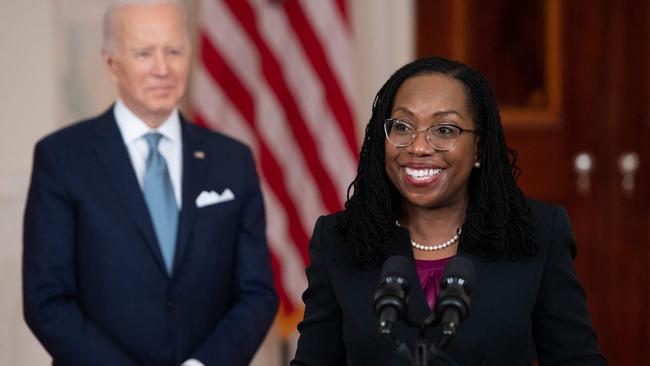
The court was split on the issue in a 5-4 verdict but Democrat-appointed Justice Sonia Sotomayor, who dissented, later praised conservative Clarence Thomas as a “friend”, extolling his “kindness” despite their differing legal opinions.
But this time the gloves are off, because the stakes are much greater.
In a 6 to 3 decision the Supreme court ruled on Thursday (Friday AEST) that race-based affirmative action programs at Harvard and North Carolina universities were unconstitutional, overturning 45 years of precedent and putting a question mark over the entire edifice of race based selection that permeates education and business in the US.
In a biting dissent, which in an unusual move she read out loud from the bench, Sotomayor blasted the six conservative judges for “rolling back momentous progress”.
Thomas meanwhile sarcastically observed that “Sotomayor apparently believes that race-conscious admission programs can somehow increase the chances that members of certain races (blacks and Hispanics) are admitted without decreasing the chances of admission for members of other races (Asians)”.
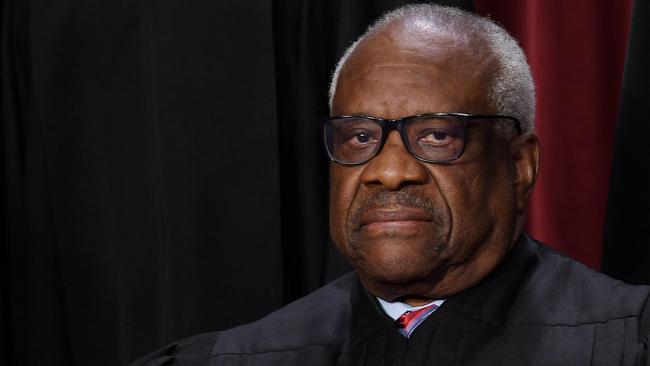
Thomas, also reading a passionate judgment aloud, reserved his bitterest criticism however for fellow black judge Ketanji Brown Jackson, whom Joe Biden appointed to the bench last year, accusing her of wanting to “replace the second Founders’ vision with an organising principle based on race”.
“On her view, almost all of life’s outcomes may be unhesitatingly ascribed to race,” he wrote, rubbishing her “unfathomable” desire to “label all blacks as victims”.
Jackson, for her part, accused the majority of “let them eat cake obliviousness”.
For all the blow back against the court’s abortion decision, that question is essentially settled. State legislatures will ultimately catch up with public opinion, which is overwhelmingly in favour of at least some abortion rights.
But the American people are on the side of the conservative justices on the issue of affirmative action.
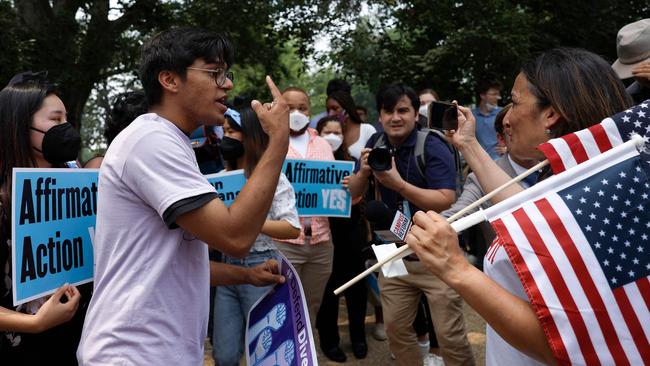
Half disapprove of race-based affirmative action programs, while only a third approve, according to a survey of voters conducted by Pew in March and April. Even among black Americans, who ostensibly benefit from the system, only 47 per cent approved and 24 per cent were “not sure”. A majority of Democrats oppose using race to help determine university admission, according to a separate University of Texas poll from April.
The vicious disagreement among America’s most elite judges reflects an increasingly intense battle over America’s constitutional settlement, over whether people should be treated as individuals or part of arbitrary racial groups.
As the majority opinion makes clear, affirmative action was and is antithetical to the principles of race-blind justice central to the US constitution and in particular the 14th amendment, passed in the wake of the civil war to ensure all races were treated equally, even if the nation never lived up to those lofty principles for generations.
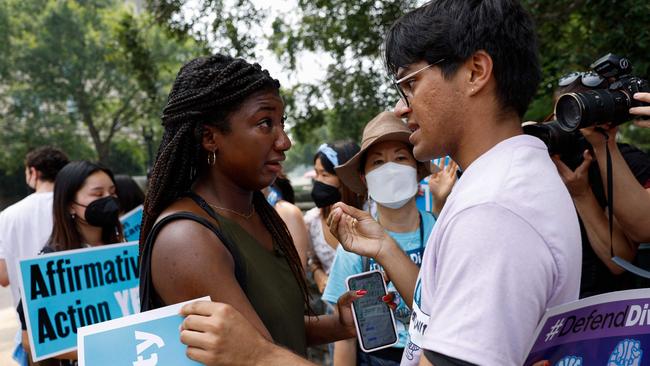
Affirmative action only replaces one form of institutionalised racism with another, and makes little practical sense given the widely different experiences of individuals within the many different races that make up the modern US, even if ‘race’ is a meaningful concept.
“These [affirmative action] policies appear to be leading to a world in which everyone is defined by their skin colour, demanding ever-increasing entitlements and preferences on that basis,” Thomas wrote.
Indeed, the extent to which affirmation action has entrenched racial politics in American life would shock Australians.
A recent study that found 43 per cent of 173 universities surveyed offered segregated housing based on race, 46 per cent segregated orientation programs, and 72 sponsored segregated graduation ceremonies.
Proponents of removing race from US society won a battle this week, but the war is far from over, given the bulk of elite US opinion remains in favour of race-based selection.
A vast industry of consultants and supposed social justice activists thrives on fanning racial grievance.
Universities had established affirmative action programs well before the Supreme Court hesitantly endorsed the practice in 1978, and they most likely will continue to do so covertly in the wake of this decision.
Convincing US elites of the benefits of the America’s original constitutional settlement remains the greater challenge.


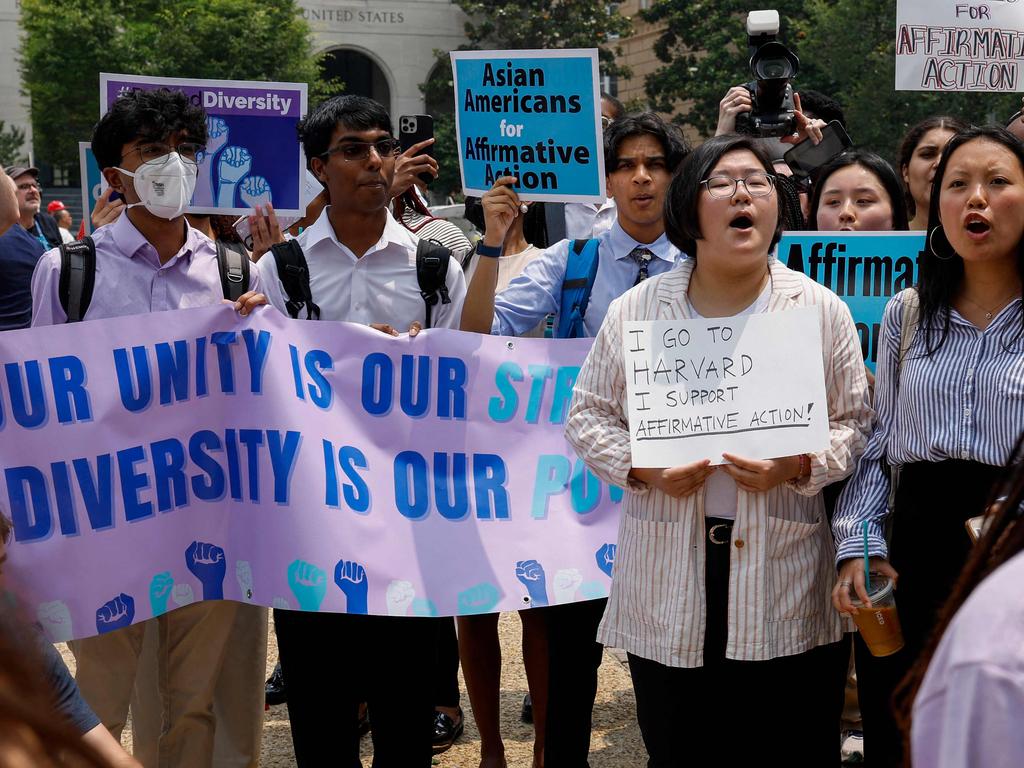
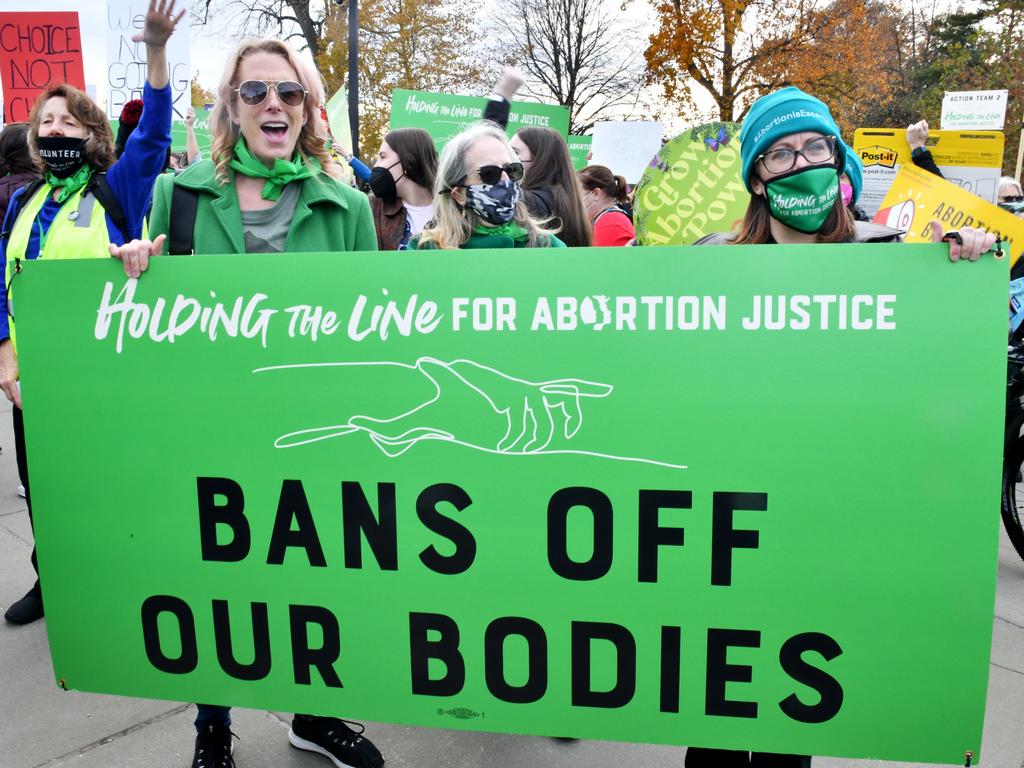
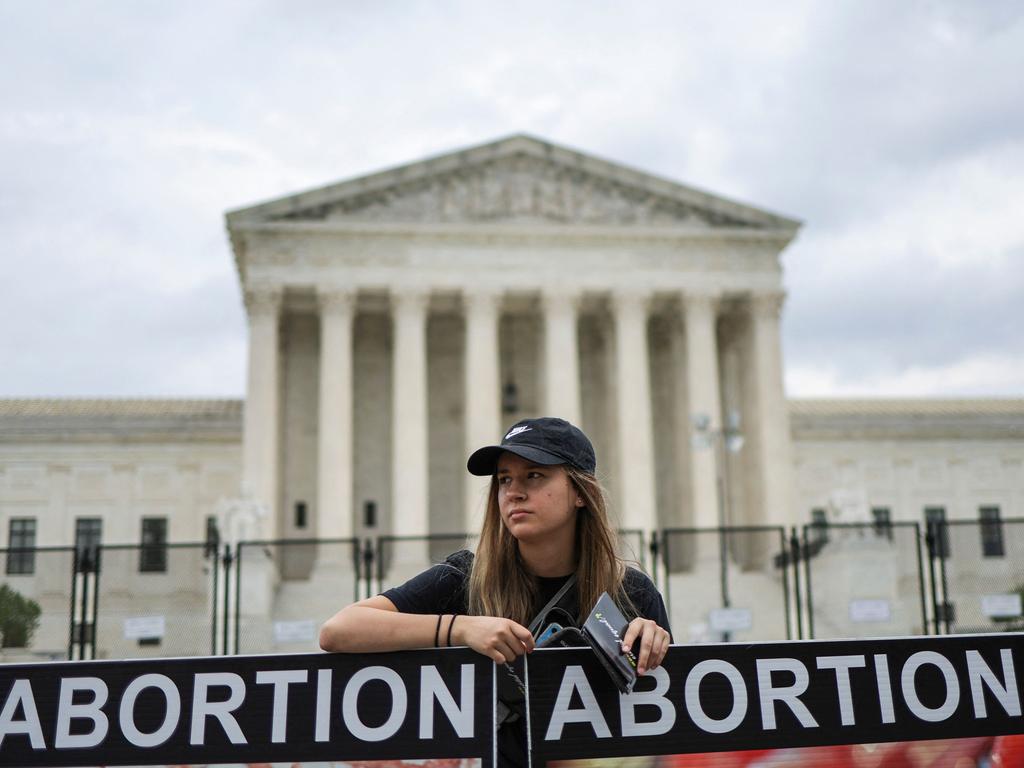


After the furore that erupted last year when the Supreme Court overturned Roe v Wade, which had established the right to an abortion back in 1973, the nine justices of the court played happy families in public.